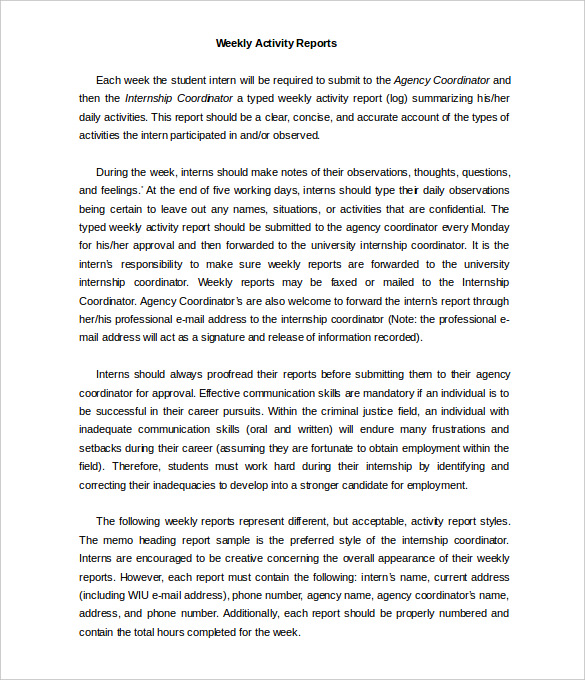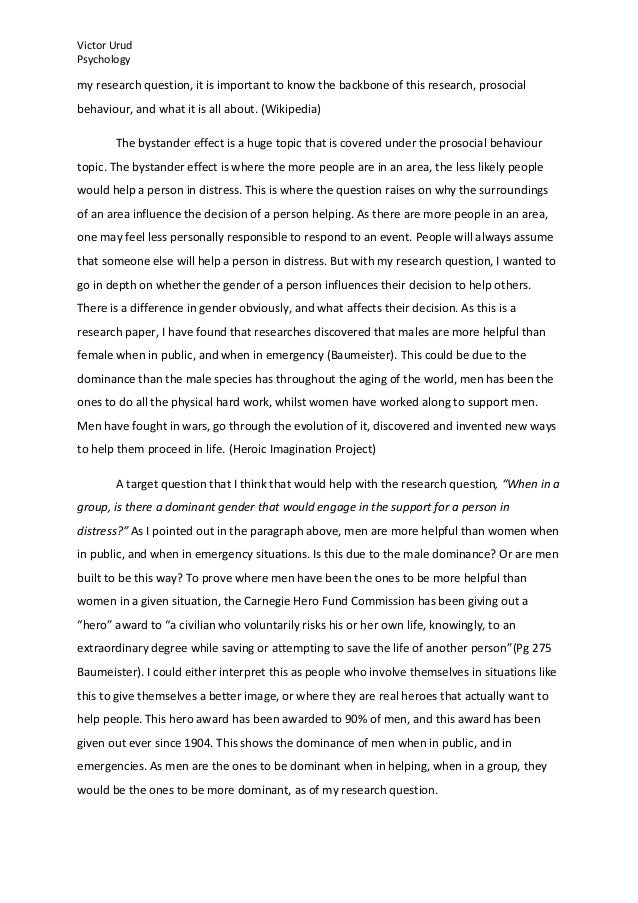Do you want to find 'thesis bystander effect'? You will find all the information on this section.
The bystander effect states that the many bystanders present, the less likely IT is for soul to help. Sometimes a bystander testament assume that because no one other seems concerned, they shouldn't be (Senghas, 2007). Much of the research that has been cooked supports this definition of the bystander effect.
Table of contents
- Thesis bystander effect in 2021
- Student essays on bystander effect
- Bystander effect psychology
- Bystander effect examples today
- Argumentative essay about bystanders
- Who created the bystander effect
- Bystander effect essay conclusion
- The bystander effect psychology
Thesis bystander effect in 2021
 This picture demonstrates thesis bystander effect.
This picture demonstrates thesis bystander effect.
Student essays on bystander effect
 This picture shows Student essays on bystander effect.
This picture shows Student essays on bystander effect.
Bystander effect psychology
 This image shows Bystander effect psychology.
This image shows Bystander effect psychology.
Bystander effect examples today
 This picture demonstrates Bystander effect examples today.
This picture demonstrates Bystander effect examples today.
Argumentative essay about bystanders
 This image representes Argumentative essay about bystanders.
This image representes Argumentative essay about bystanders.
Who created the bystander effect
 This image representes Who created the bystander effect.
This image representes Who created the bystander effect.
Bystander effect essay conclusion
 This picture demonstrates Bystander effect essay conclusion.
This picture demonstrates Bystander effect essay conclusion.
The bystander effect psychology
 This image demonstrates The bystander effect psychology.
This image demonstrates The bystander effect psychology.
What is the theory of the bystander effect?
The Bystander Effect is a controversial theory given to social phenomenon where the more potential bystanders there are, the less likely any individual is to help in emergency situations.
When does the word Bystander have a negative connotation?
The word bystander does not always have a negative connotation, but in the case of bullying or an emergency situation, it does. In either scenario, a bystander is not helping in a time of crisis and this can have many negative outcomes.
Why are bystanders less likely to intervene in emergencies?
Bystanders are less likely to intervene in emergency situations as the size of the group increases, as they feel less personal responsibility.
What did Darley and Latane believe about the bystander effect?
Darley and Latané (1968) believed that the more “people” there were in the discussion, the longer it would take subjects to get help. The results were in line with that hypothesis. The smaller the group, the more likely the “victim” was to receive timely help.
Last Update: Oct 2021